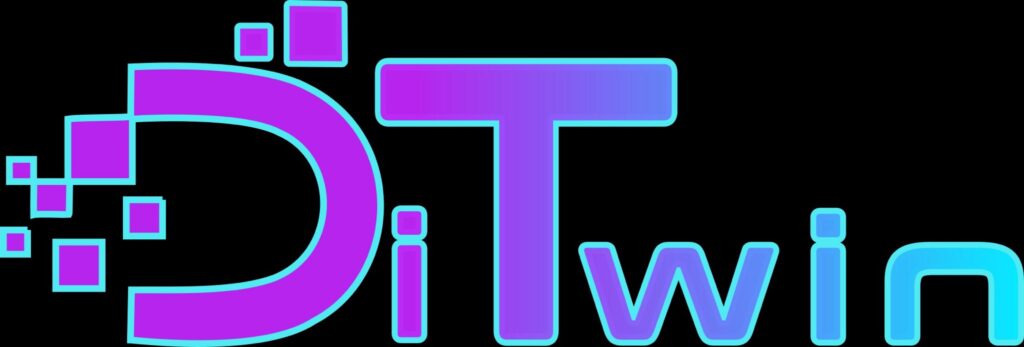Since last October, our Irish agency, Training Vision, has been part of an exciting project that aims to revolutionize vocational education and training through the innovative use of Digital Twin technology.
The DiTwin project – Digital Twin for VET Schools – is a two-year cooperation partnership in the field of vocational education and training, funded by the Erasmus+ Program (KA220-VET).
The project involves leading institutions from Italy, Spain, Ireland, Greece, and Poland, working together to innovate school curricula in response to the needs of Industry 4.0.
Project Objectives
The main objective of DiTwin is to enhance the effectiveness of vocational education and training (VET) school curricula to develop the skills required by Industry 4.0.
The project aims to bridge the gap between the equipment and infrastructure of VET schools and the needs of the labor market by leveraging the potential of Digital Twin technology.
This technology enables work-based learning activities that are closely aligned with the latest developments in the manufacturing industry, thereby supporting the adaptation of VET curricula and training offerings to the real needs of required skills.
Additionally, the project seeks to improve the digital skills of VET teachers to support the implementation of digital twin-based activities and the acquisition of the digital skills demanded by Industry 4.0.
Achieved Results
One of the main results achieved so far is the creation of the Competence Framework.
This framework outlines 11 professional profiles required by Industry 4.0 in the partner countries, categorized in terms of knowledge, skills, and competences.
The profiles are designed using a learning outcomes-based language that is easily understood across Europe and aligned with the standard curricula of VET schools in the partner countries, thus facilitating their integration into school practices.
The defined profiles include crucial roles such as Additive Manufacturing Technician, CAD/CAM Designer, Automation Technician for Industry 4.0, and Robotic Machine Technician for Industry 4.0.
These profiles represent key roles in the Industry 4.0 environment, each with specific skill and knowledge requirements.
After mapping the profiles based on the technical and pedagogical potential of Digital Twin, the partners identified three different profiles required by Industry 4.0.
Next Steps
Currently, the partners are developing Digital Twin-based training modules aimed at VET schools to achieve the learning objectives of the identified profiles. Among the upcoming steps is the creation of the Digital Twin Platform, which will allow students to access the DiTwin modules.
During the project’s second meeting, which will take place in Krakow from November 14 to 15, 2024, at the University of the National Commission of Education (UKEN), the partners will present the initial results of DiTwin and plan new activities, directly involving stakeholders in the project.
To stay updated on the developments of the DiTwin project, you can follow the official website and dedicated social media channels, where news and regular updates will be published (Facebook and Linkedin).




















